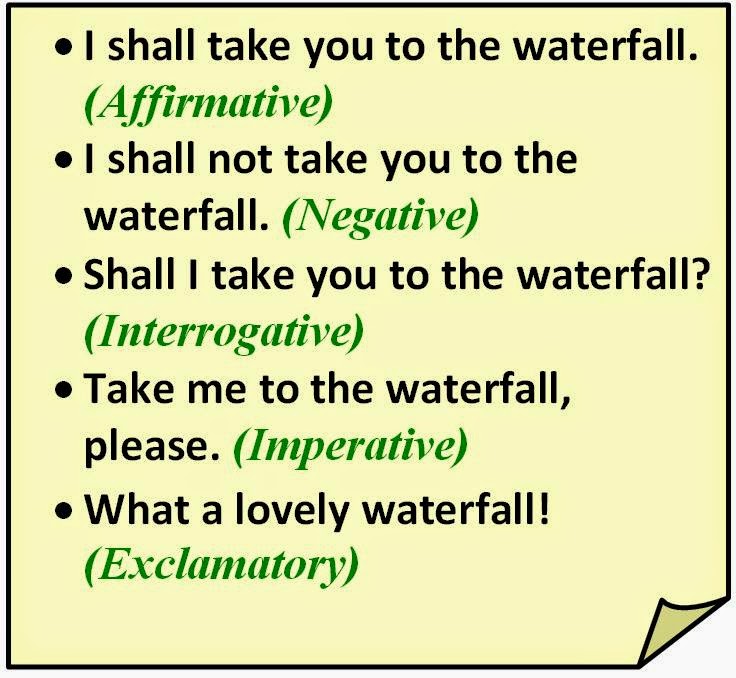Step 1
Learn English pronunciation rules.
Many people think that pronunciation is all about speaking. But in fact, learning the rules of English pronunciation allows students to understand native speakers better. This is because listeners need to know how the language is being changed if it doesn’t come naturally to them (the way those changes are comprehended naturally by children).
Example
If a native English speaker says,
“How’d ya do that?”
a person who has learned English in the classroom may not realize that
“How did you do that?”
gets transformed into:
“How’d ya do that?” [HAUW dʒyə DUW ðæt]
Step 2
Watch a video or listen to audio in English with a transcript.
Also, there are plenty of free English podcasts that you can listen to often, so that you can “train” your ears to the different sounds and musical patterns of English. Take advantage of all of the resources on the internet.
Step 3
Watch TV shows in English with no subtitles in your native language or in English.
The idea is the same as in step 2. Listen to plenty of English to train your ears. But without a transcript, you need to be an active listener. Think about what you are hearing, and if you don’t understand, replay the audio and make an effort to figure out how the speech is being changed.
Step 4
Talk to native English speakers.
Talk to native speakers, and if you don’t understand something you’ve heard, ask them questions about the language.
The majority of native speakers have no idea about the unconscious changes they make to the English language. But if you don’t understand a native speaker, tell them so. Then, when the time is right, ask them why they said a sentence the way they did. A native speaker can easily think about the change and give you some clarification about it. Of course, the explanation will likely be “that’s just how we say it!” But you can pull apart and play with the language with a native speaker and get some interesting insight into English.
Step 5
Write down the sounds of sentences that you didn’t understand and try to figure them out later on your own.
Use those written sentences to test yourself. Sometimes learning and figuring out English–or any second language–is like putting a puzzle together. After a while, the pieces will start to fit together.
Step 6
Write down your questions
Students email and post questions on the web site, on Facebook and on Twitter all the time to get answers. And you can, too!
Step 7
Replace native language activities with English activities.
Do you watch or read the news everyday in your first language? Do you socialize with your friends in your native language? Watch movies for entertainment in your native language? Why not “kill two birds with one stone” and replace activities that you do in your first language with activities in English?
Ask your friends to hang out with you in English. Watch or listen to the news on the internet in English instead of your first language. There are SO many free resources online; we really have no excuse not to replace some of our first language activities with second language activities










